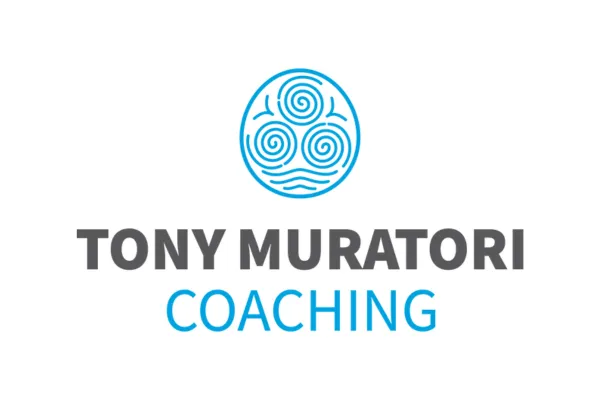
Collagen - The Structure of Life
What Is Collagen?
Collagen is the most abundant protein in your body. It is the structural protein that counts for 30% of all your body’s protein mass. It makes up the majority of all your tissues in your body including hair, skin, nails, ligaments, tendons and muscles are all made from collagen. Even the wall of your arteries, organs and veins are wrapped in a layer of collagen.
Collagen has many important functions in your body, providing skin with structure, it keeps the skin well hydrated making it more elastic. It helps keep the skin youthful and can reduce lines and wrinkles, and is also found in the discs of your spine and other joint structures.
Collagen along with water stops any degenerative conditions of the spine and other joint structures found in your body. Cartlidge structures in our knees, elbows, shoulders our fingertips they are all made of collagen.

Your body makes it naturally by combining amino acids, the building blocks of proteins found in food. To produce collagen, your body needs:
Proline: Found in egg whites, dairy, cabbage, mushrooms, and asparagus
Glycine: Found in pork skin, chicken skin, and gelatine and a variety of other protein-rich foods
Vitamin C: Found in citrus fruits and peppers
Zinc: Found in beef, lamb, pork, shellfish, chickpeas, lentils, beans, milk, cheese and various nuts and seeds
Copper: Found in organ meats, cocoa powder, cashews, sesame seeds, and lentils.
As you age, your existing collagen breaks down, and it gets harder for your body to make more. To minimise these degenerative changes, it is imperative to support your body with a high-quality organic collagen powder to help maintain and regenerate healthy collagen levels.
What Does Collagen Do?
Collagen provides your body with strength, structure, and support.
As you age, it's harder to keep up your natural collagen levels. This is particularly true after you've gone through menopause. It's because over time, your body increasingly struggles to absorb enough of the nutrients it needs to make collagen.
However, eating collagen-rich foods can help your body overcome some of this absorption problem. That helps keep your body stronger and healthier as you get older.
Collagen also:
Helps your blood clot
Helps replace dead skin cells
Creates a protective cover for your organs
Allows new skin cells to grow
The Benefits of Collagen
Because it makes up so many critical parts of our bodies, collagen is not only beneficial but also essential for maintaining good health.
Stronger bones. As you age, your bones become less dense and more brittle, breaking more easily and taking longer to heal. Research has found that taking daily collagen powder could help make your bones denser, slowing the aging process that makes them brittle and helping your body produce new bone.
Skin elasticity and hydration. Collagen supplements have been shown to improve skin hydration and elasticity in older people. They might also help lessen wrinkles.
Thicker hair. While more men go bald, many women also have hair loss or thinning as they age. In one study, a group of women with thinning hair saw significant increases in their hair's quantity, scalp coverage, and thickness while taking daily collagen supplements.
Healthier nails. Some people's nails break more easily than others and don't grow as fast. One study in a group of women showed faster nail growth and fewer broken or chipped nails after only 4 weeks of daily collagen supplements.
Reduced osteoarthritis pain. For people with knee osteoarthritis, collagen supplements might act as a mild pain reliever and improve joint function. It may take about 3-5 months of daily treatment before you see these improvements.
Increased muscle mass. One small study found that men who took collagen powder supplements during a 12-week strength training program saw more increases in muscle mass and strength than those who didn't. There’s a lot of positive research showing that people who take collagen on a regular basis maintained lean muscle mass and, in most cases, showed an increase in lean muscle mass. Collagen plays a crucial role with people who suffer from a condition called Sarcopenia which is simply means as we get older would lose muscle mass.
Improved heart health. Collagen helps keep the shape of your arteries and blood vessels. When you lack collagen, your arteries may weaken. Fragile blood vessels increase the risk of atherosclerosis, which can lead to a heart attack or stroke. Healthy individuals who take collagen regularly are more likely to have healthier arteries and it helped reduce the risk of atherosclerosis.
The bottom line
Even though age-related collagen loss is unavoidable, it is paramount that we have sound nutrition lifestyle principles coupled with regular exercise, that help you manage and avoid collagen and bone loss as you age.


